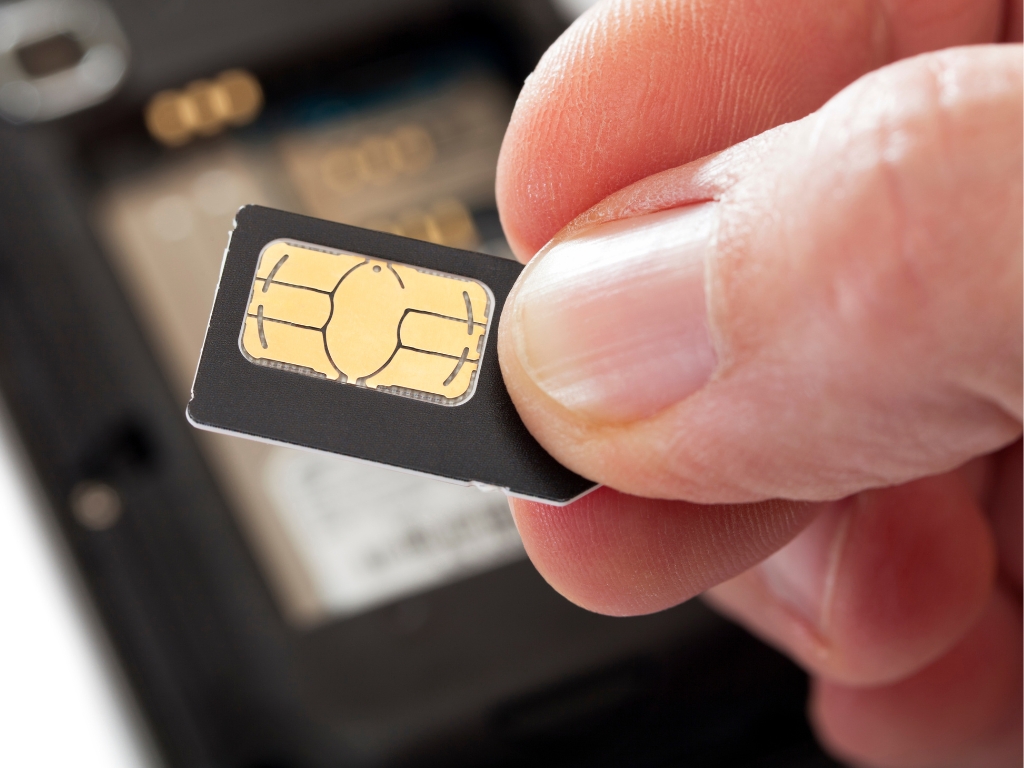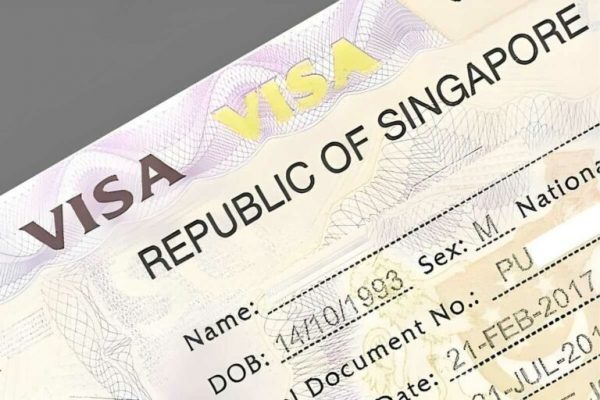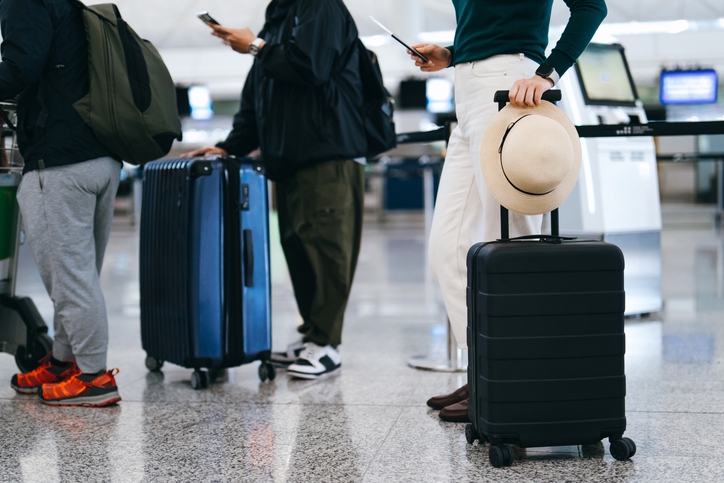For many newcomers, what happens after landing can be overwhelming. You’re in a new country with new systems, unfamiliar rules, and a long to-do list but no clear starting point. The first few days are crucial for setting up your life, and small delays can quickly become big setbacks. From finding a place to stay to getting a phone, opening a bank account, and registering for healthcare, every step matters.
This guide walks you through exactly what happens after you land, with a clear and practical first-week checklist for new immigrants. Whether you’re arriving for work, study, or a fresh start, this simple plan helps you stay organized, avoid common mistakes, and settle in smoothly.
Airport Arrival and Immigration Processing
At passport control, you complete your first official step. The way you handle this shapes your entry experience.

Steps to follow:
- Prepare your travel and immigration documents passport, visa or permit, and any landing papers (e.g., COPR in Canada, Biometric Residence Permit in the UK, I‑94 in the USA).
- Be ready for questions about your stay purpose, address, living arrangements. Always answer clearly and confidently: “I’m here to start my new job and will stay at [address].”
- If officers stamp your papers or provide instructions, follow them exactly. You might receive limits on how long you can stay before applying for residence.
- Once through customs, you’re officially in your new country. Hold on to any newly issued documents they’re essential for the next steps.
Read: Top 10 Easiest Jobs to Secure Abroad in 2025
Arrange Temporary or Permanent Housing
A safe and stable place to stay lets you relax, unpack, and prepare for what comes next.
What to do immediately:
- If you already arranged long-term housing, go there and begin settling in.
- If not, book a short-term option like an Airbnb, hostel, or hotel. Many cities offer newcomer-focused shared apartments or corporate housing.
- Use local platforms (e.g., Kijiji, Craigslist, Facebook groups, or city-specific rental websites) to look for monthly leases or roommate options.
- Confirm utilities (electricity, water, internet) are connected or ready to activate. Start the process as soon as possible to avoid waiting in cold or dark spaces.
Activate a Local SIM Card and Mobile Data
A working phone is vital for navigation, safety, and communication.

How to set up:
- Most airports have kiosks for local telecom carriers grab a prepaid SIM with data, calls, and texts.
- If there are none, visit a nearby convenience store or official carrier outlet.
- Ask for a starter plan with enough data and add-on flexibility (many offer top-up apps or online recharges).
- Download essential local mobile apps ride-sharing (Uber, Ola, Bolt), public transit apps, and maps.
Read: How I Moved to the USA Without a Job Offer: My Exact Process
Open a Local Bank Account
A local bank account lets you receive payments, pay bills, and manage essentials fast and safely.
Steps to complete:
- Choose a bank known to help newcomers (e.g., RBC in Canada or Barclays in the UK).
- Bring required documents: passport, visa or permit, proof of address (lease agreement or hotel confirmation), and sometimes employment letter.
- Ask for a no-fee newcomer account with online and mobile banking.
- Once open, deposit initial funds this helps with paying rent, bills, and essentials. Set up automatic bill payments if needed.
Apply for Government-Issued IDs or Social Insurance Numbers
These IDs (e.g., SIN in Canada, NI in the UK, SSN in the USA) unlock critical services: healthcare, work, taxes, and benefits.
What to do:
- Visit your nearest government service center (e.g., Service Canada, DVLA, SSA) or apply online if offered.
- Fill out the application promptly and follow instructions carefully.
- Plan for processing timelines Canada’s SIN is issued immediately; others may take weeks, during which you may use a temporary receipt.
- Once received, store it safely, it’s a vital document you’ll use often.
Register for Healthcare or Health Insurance
Healthcare access varies, and registering early ensures you’re covered when you need it.
Action steps:
- Know how public healthcare works: In Canada, apply for a health card (coverage starts after a few weeks). In the UK, your employer usually registers you for NHS; there’s no wait. In the USA, you must purchase private or employer-based insurance.
- Apply as soon as possible to avoid gaps. Private health plans fill any interim coverage needs.
- Keep copies or digital files of your registration documents and insurance ID handy for doctors’ visits.
Learn Local Transportation and Transit Systems
Efficient transport saves time and money and helps you feel independent quickly.
What to do now:
- Study your city’s public transit: buses, trains, subways. Learn ticket types single, day passes, weekly, or monthly.
- Buy a transit card (e.g., Oyster in London, PRESTO in Toronto, MetroCard in New York) at airports or stations.
- Install local transit apps that show routes, schedules, and delays in real time.
- Familiarize yourself with common routes: airport to home, home to grocery stores, civic centers.
Locate Grocery Stores, Pharmacies, and Basic Shops
Finding and stocking home essentials helps you feel comfortable and establish routines.

How to do it:
- Use maps or delivery apps to find the nearest grocery stores, supermarkets, pharmacies, ethnic markets, and convenience shops.
- Visit them in the first week to gather basic items: food, cleaning supplies, hygiene products especially items you rely on from back home.
- Explore price comparisons: see where essentials are cheaper local chains may beat big-name supermarkets.
Read: Stress-Free Job Hunting: How to Stay Positive; Land the Role You Want
Connect with Community and Newcomer Resources
Community connections reduce stress and help integration into your new home.
Initial steps:
- Search for local newcomer centers, immigrant support services, or settlement agencies these offer orientation sessions, language support, and cultural guidance.
- Join local community groups or use platforms like Meetup or Facebook groups tailored to newcomers or your cultural community.
- Visit your local library or community center; they often host events, job fairs, language classes, or legal aid.
Prepare for Work or Start Job Hunting
Whether you already have a job lined up or need to find one, the first week sets you on the right work path.
If you have a job:
- Confirm your start date, work station, and onboarding process.
- Ask HR about health benefits, payroll setup, commute options, and workplace rules.
- Learn your workplace culture dress code, teamwork expectations, and communication norms.
If job hunting:
- Update your resume to local standards concise, skills-based, and relevant.
- Set up profiles on local job sites (LinkedIn, Indeed, Glassdoor) and upload your resume.
- Reach out to local recruiters or staffing agencies who specialize in newcomer placements.
- Schedule at least one interview or networking meeting during your first week momentum matters.
Your first week is a whirlwind. Use this checklist to stay focused and efficient as you navigate a new system, city, and culture. With a working phone, bank account, local ID, and housing, you’re building a practical foundation. Use community resources and launch your job search or start your new job while you ride the momentum of arrival energy.


